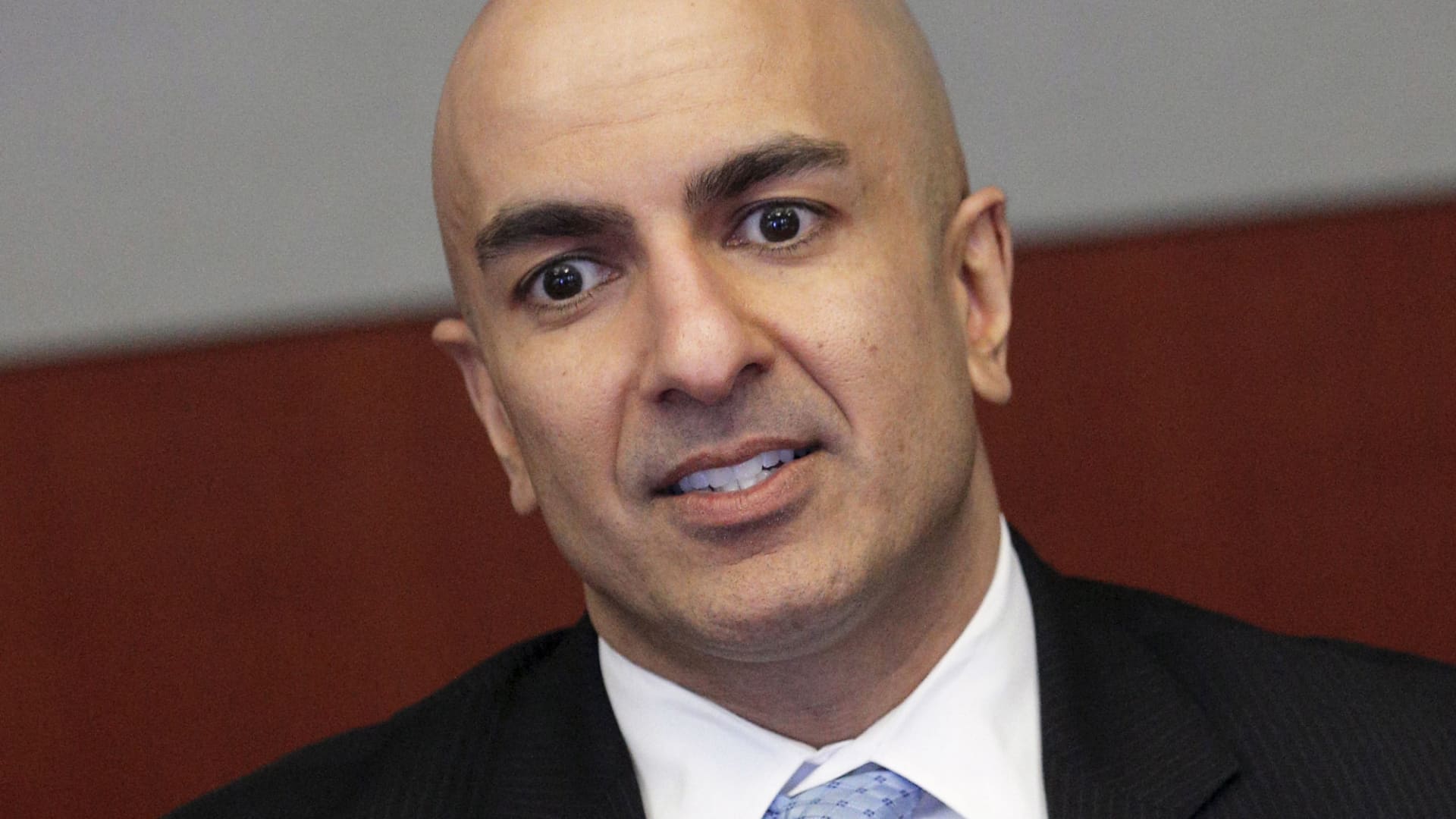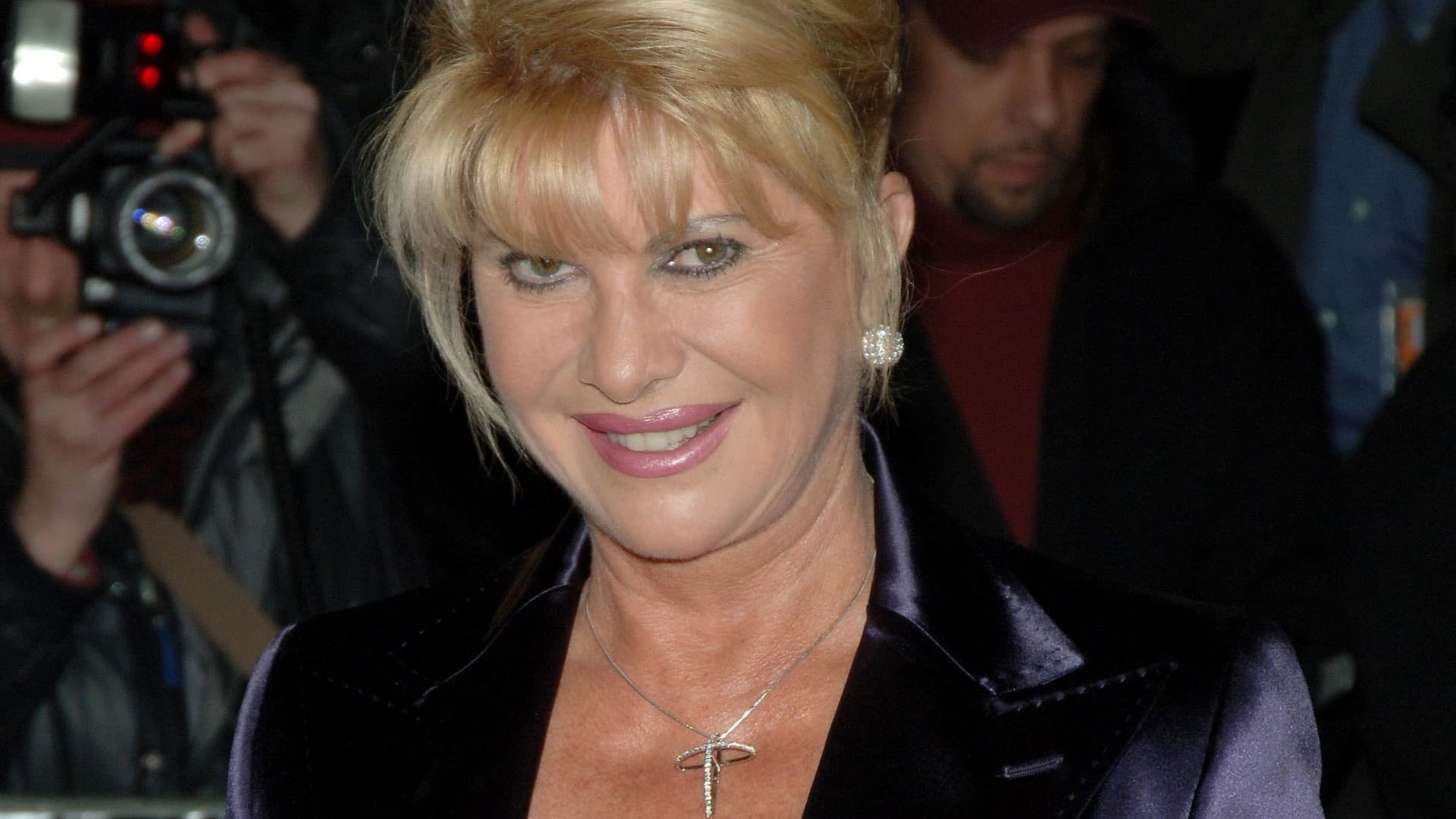US Markets
Sunday, July 31st, 2022 11:15 am EDT

If you’re debating whether or not the U.S. is in a recession, you’re asking the wrong question, according to a top Federal Reserve official.
“Whether we are technically in a recession or not doesn’t change my analysis,” Neel Kashkari, president of the Federal Reserve Bank of Minneapolis, told CBS’ “Face the Nation” on Sunday. “I’m focused on the inflation data. I’m focused on the wage data. And so far, inflation continues to surprise us to the upside. Wages continue to grow.”
Last month, U.S. inflation jumped to a four-decade record high, rising 9.1% from a year ago. At the same time, the labor market remained strong: Nonfarm payrolls increased by 372,000 last month, alongside a low national unemployment rate of 3.6%.
On Thursday, new Labor Department data showed signs of a job market cooldown, with initial jobless claims hitting their highest level since mid-November. Still, Kashkari said, the labor market is “very, very strong.”
“Typically, recessions demonstrate high job losses, high unemployment, those are terrible for American families. And we’re not seeing anything like that,” he said.
The problem, Kashkari said, is that even in a strong job market, inflation is outpacing wage growth — giving many Americans a functional “wage cut” as living costs increase nationwide. Solving that problem by reducing inflation is the Federal Reserve’s top goal right now, he added.
“Whether we are technically in a recession or not doesn’t change the fact that the Federal Reserve has its own work to do, and we are committed to doing it,” Kashkari said.
The Bureau of Economic Analysis reported on Thursday that the country’s gross domestic product shrunk for the second straight quarter, often a warning sign accompanying economic recessions. For Kashkari, that may actually be a good thing: An economic slowdown could help reduce inflation to the point where it no longer outpaces wage growth.
“We definitely want to see some slowing [of economic growth],” he said. “We don’t want to see the economy overheating. We would love it if we could transition to a sustainable economy without tipping the economy into recession.”
Doing so poses a significant challenge for the Fed. Kashkari acknowledged that economic slowdowns tend to be very difficult to control, “especially if it’s the central bank that’s inducing the slowdown.”
Still, he said, the bank will do whatever is necessary to tame inflation.
“We’re going to do everything we can to avoid a recession, but we are committed to bringing inflation down, and we are going to do what we need to do,” Kashkari said. “We are a long way away from achieving an economy that is back at 2% inflation. And that’s where we need to get to.”
This post has been syndicated from a third-party source. View the original article here.




